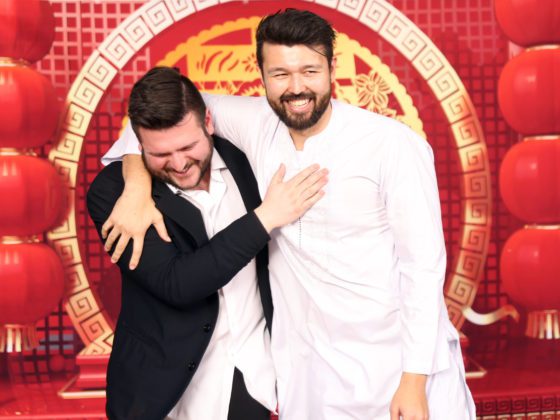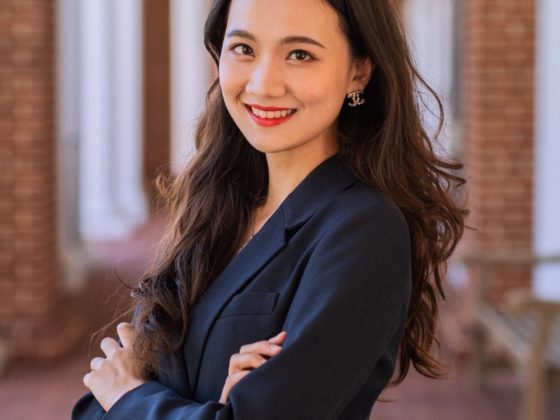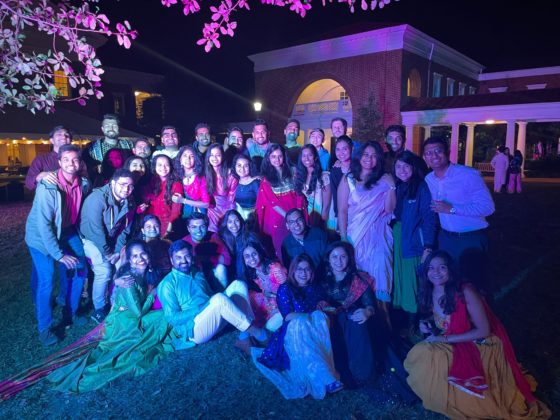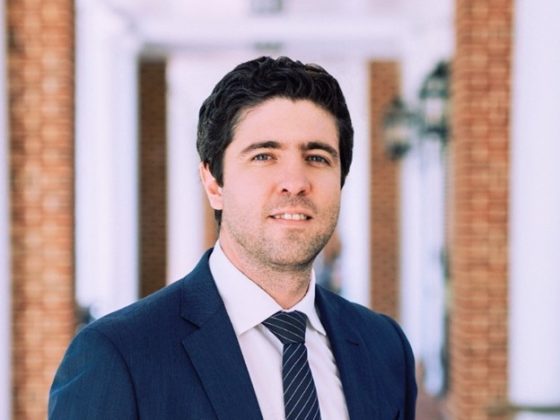By Sojeong Choi (MBA ’15)
The Asia Business Club at Darden (ABCD) will host Cold Call to celebrate the Lunar New Year on this Thursday, February 19th. There will be traditional performances, games, and authentic foods. Before the event, I would like to share origins and traditions of Lunar New Year in Asia, especially in my country Korea.
Lunar New Year (or ‘Seollal’ in Korean) is the most important holiday along with the autumn harvest festival (‘Chuseok’) in Korea. Sometimes people in the United States refer to Lunar New Year as the Chinese New Year. However, most east and central Asian countries such as Korea, Vietnam, and China (except Japan – they celebrate the New Year on January 1st) celebrate Lunar New Year. Since these countries call Lunar New Year with different names in their language, be sure to call it ‘Lunar New Year’ when you’re celebrating with your friends!
Many say that Koreans have celebrated Lunar New Year since the sixth century, although its origin is not clear. Some historical records indicate that people had rituals for celebrating Lunar New Year during the ancient Korea’s Three Kingdoms period when the lunar calendar was first adopted. Lunar New Year date varies from end of January to mid-February every year, and this year Lunar New Year falls on February 19th of the Gregorian calendar. Every year is represented by one of the 12 zodiac signs that are twelve guardian animals known as Sibijisin, and 2015 is the year of sheep.
Seollal is not just a holiday to mark the beginning of a new year; it is a special occasion for all Koreans. We prepare special dishes to offer to our ancestor as a way of respecting them. Also, all distant family members get together for Seollal, so everyone travels to their hometown. During Seollal, people wear Hanbok (traditional clothes), perform ancestral rites, eat traditional foods, and catch up with one another. To name a few, Kite-flying and a game of Yut (‘Yutnori’) are all-time holiday favorite games still played to this date. Young people do ‘Saebe’, a traditional bow, for older people to wish a good year. In return, older people give young people words of encouragement and well wishes along with the new year’s gift (usually money).
There are many interesting traditions of ancestral rites and foods, although they have been simplified during the modern era. According to the Korean belief, spirits of the ancestors visit to enjoy special dishes set out for them during ancestral rites. Descendants bow down to the ground wishing for their guidance and blessing for the upcoming year. When setting the table for ancestors, descendants must follow strict rules. For instance, red-colored foods should be placed in the east while white-colored foods should be placed in the west direction. Also, there is a signature rice cake soup called ‘Tteokguk’. Eating ‘Tteokguk’ on New Year’s day means to add a year to one’s age.
For me, Lunar New year means a ‘real new year’ to celebrate 2015 with family. I’m planning the celebration at Darden as part of ABCD because I’d like to introduce the most important event in Asia to Darden community. For last two years, I’ve spent great time and experience here with classmates, faculty, and staff. I would like to invite all of Darden community as a big family to celebrate together and wish for a good year of 2015.
If you haven’t celebrated the Lunar New Year in traditional way before, Cold Call is a great opportunity to add one more holiday to your calendar (and holiday means more food and fun). Take a look at calligraphy, play mahjong, and taste authentic foods. There is something for everyone. Hope to see everyone on February 19th!
Check out this video from Darden’s Lunar New Year celebration last year:




